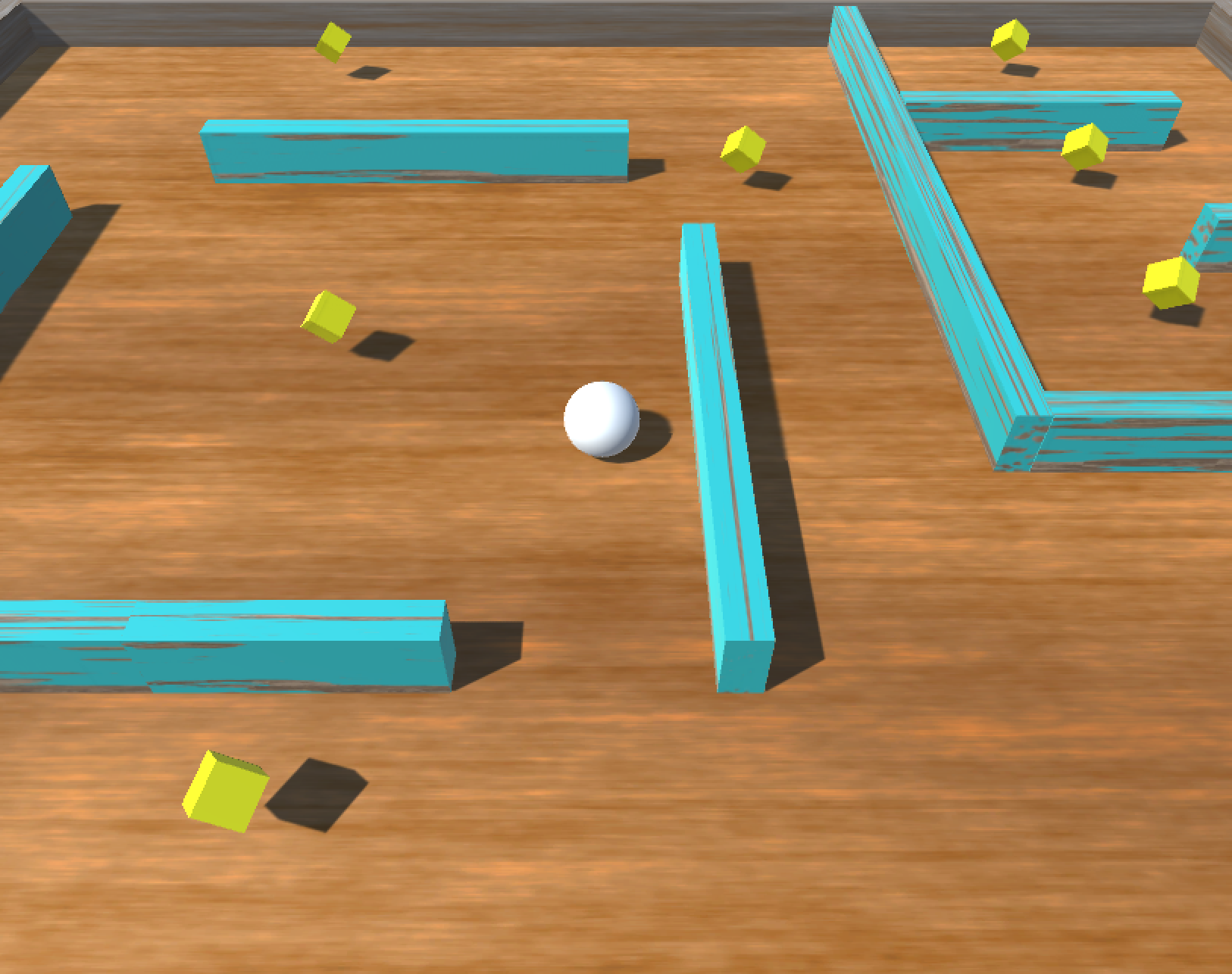
Last week I wrote a post about why I don’t think that a game development degree is worth it. However, that does not mean I don’t believe you can learn game programming online. About two years ago I enrolled in a Game Development Specialization on Coursera offered by Michigan State University. At the time I had just moved to a new city with a new job that wasn’t very engaging, so I decided that, after building several JavaScript games, I might enroll in some online courses to finally learn Unity. I believe the specialization offers some of the best MOOC game courses out there.
I had already done an Interaction Design specialization on Coursera, which is probably why I gravitated toward choosing another specialization. Sure, it wasn’t a graduate degree, but a specialization still looks more impressive on a resume than just a single class. Plus I really did have a lot of time to kill. My husband was in law school and was busy with coursework, so I didn’t have much going on at home.

In fact I had so little going on I completed each course in a fraction of the time. That is, each of the 5 course was designed to take a month, and I completed 1 per week. The first was an introductory course where you make a couple of basic Unity games. The second teaches game design principles, and the third is about selling and promoting games. Finally the last two courses take you back to Unity to build some more complex games. That course also guides you through the game publishing process.
What’s special about the Michigan State University program is that the coursework is laid out in digestible chunks. This is in contrast to an overwhelming list of sections like you often see on Udemy. For example, I bought a Blender course on Udemy that is something like 500 sections — a tad overwhelming. There’s still another reason why I think this program offers the best MOOC game courses. Michigan State University has one of the top-rated game design programs in the country. You may be thinking yeah, but that’s not the same as their online offering. True, but the courses are taught by the same professors, so I would argue that they might be more similar than you would expect.

Like any online course, you do have to have some self discipline in order to get through the material. With a $79 fee (per course) you can prove you completed all of the coursework. At the end you receive a certificate of completion that you can share on LinkedIn. Because I am someone that lacks self discipline, I decided to pay the fee. That way it acted as an extra motivator for me to complete the coursework. The certificates of completion also lend me a little more authority, which is useful.
If you’re interested in hearing more about a particular course, hit me up or drop a comment below. I might write some future posts about my favorite parts of the courses. If you are just interested in the technical side, skip Business of Game Development and Principles of Game Design. The Intro to Game Development Course by itself is enough to get you making relatively simple first person perspective games. But you can also take Advanced Game Development if you want to learn about how to make platformers.

Have you taken any of the courses I mentioned in this post? Finish the capstone? Think there are better courses to learn game programming online? I would love to see links to your projects in the comments, as well as your opinions about the specialization. Maybe you took another course and want to swap notes? Please share your thoughts below.
If you’re curious to see the projects I built in this class, here are the links below. They are in order from the first project to the last project. The last project, Queen Dungeon Escape, is probably the most fun since it actually has some unique mechanics.
Roller Madness – 3D Roll-A-Ball
Queen Dungeon Escape – 2D Platformer
If you enjoyed this article, consider following me on Twitter @nadyaprimak or if you need more tips on breaking into the tech industry, you can read my book “Foot in the Door”.
